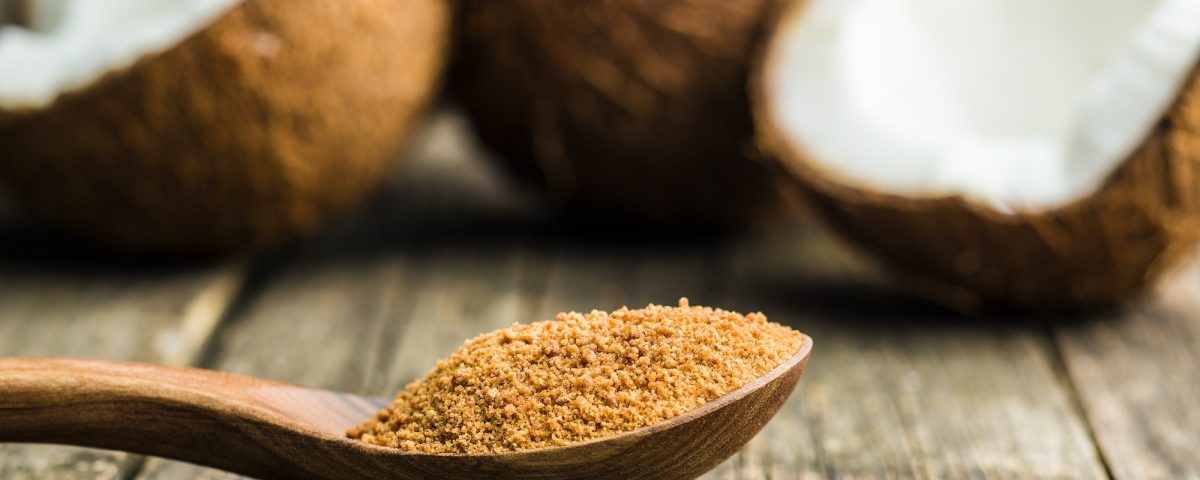The Definite Guide to Cooking with Coconut Oil

Coconut Oil Makeup Remover: A Natural Way to Cleanse Your Face
30 August 2023The Definite Guide to Cooking with Coconut Oil
Coconut oil has become a staple in many kitchens worldwide due to its numerous health benefits and versatile uses. Whether you are a seasoned chef or a home cook, incorporating coconut oil into your cooking routine can not only enhance the flavors of your dishes but also contribute to a healthier lifestyle. This article will serve as your definite guide to cooking with coconut oil, covering its benefits, uses, and tips for optimal results.
Benefits of Cooking with Coconut Oil
- High Smoke Point: Coconut oil has a relatively high smoke point compared to other oils, making it suitable for frying and sautéing without breaking down into harmful compounds.
- Rich in Medium-Chain Triglycerides (MCTs): MCTs are a type of fat that is easily absorbed and metabolized by the body, providing a quick source of energy and aiding in weight management.
- Contains Lauric Acid: Lauric acid, a type of MCT found in coconut oil, has antimicrobial properties that can help fight off harmful bacteria and viruses.
- Adds Flavour: Coconut oil adds a subtle, sweet, and nutty flavor to dishes, enhancing the overall taste.
- Suitable for Vegans: As a plant-based oil, coconut oil is a great option for vegans and those following a plant-based diet.
Uses of Coconut Oil in Cooking
- Frying: Due to its high smoke point, coconut oil is excellent for frying foods. Use it to fry vegetables, fish, or meat to achieve a crispy texture.
- Baking: Substitute butter or other oils with coconut oil in your baking recipes for a healthier and flavourful alternative.
- Roasting: Coat vegetables or meat with coconut oil before roasting to add flavor and moisture.
- Stir-Frying: Use coconut oil for stir-frying vegetables or protein sources like tofu, chicken, or beef.
- Salad Dressings: Mix coconut oil with vinegar and your favorite herbs and spices to create a homemade salad dressing.
- Smoothies: Add a tablespoon of coconut oil to your smoothies for an energy boost and a creamy texture.
Tips for Cooking with Coconut Oil
- Choose Virgin Coconut Oil: Virgin coconut oil is made from fresh coconuts and retains more of its natural nutrients and flavour. It is also less processed compared to refined coconut oil.
- Store Properly: Keep coconut oil in a cool, dark place to maintain its quality and shelf life. Coconut oil solidifies at temperatures below 76°F (24°C) and melts above this temperature.
- Experiment: Don’t be afraid to experiment with coconut oil in your cooking. Try it in different recipes and cooking methods to discover your favorite ways to use it.
Conclusion
Coconut oil is a versatile and healthful ingredient that can be incorporated into a variety of dishes. From frying and baking to roasting and making salad dressings, there are numerous ways to use coconut oil in your cooking. Remember to choose virgin coconut oil, store it properly, and don’t be afraid to experiment. Start incorporating coconut oil into your daily diet and lifestyle for optimal health and delicious meals.
Note: This article is part of a series on the benefits of coconut oil. Check out our other articles on coconut oil for skin health, heart health, and hair health.
How to use Coconut Oil to Revive your hair
Mental and Cognitive Benefits of Coconut Oil




